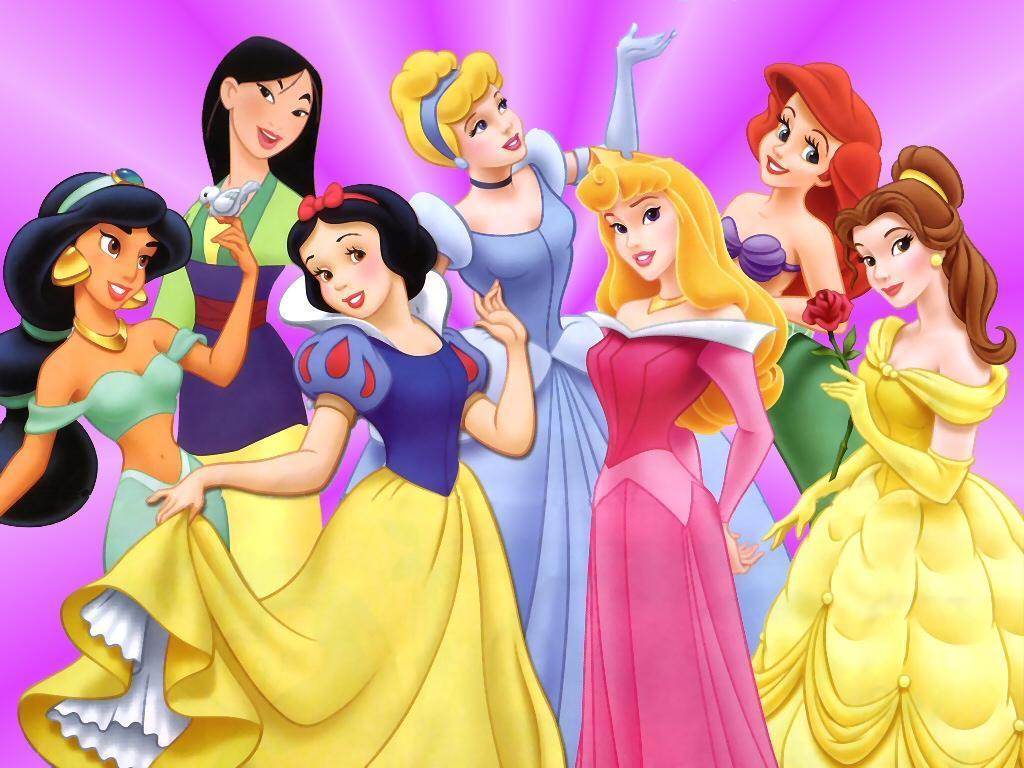If you have a young daughter, then whether you like it or not, you are smack-dab in the middle of the latest parenting controversy: whether it’s “right” to allow your little girl to pretend to be a princess.
All you have to do is pick up the latest new-age book or log on to the blogosphere to see how heated this debate is. Some mothers criticize the very use of the word princess as a term of endearment, while others go so far as to ban the “P” word in their home. At the same time, grown women swooned at the sight of a real-life British Cinderella (Kate Middleton) marrying her handsome prince.
So why the mixed messages? And when did this is this become such a royal issue?
I don’t know about you, but I’m confused by the “princess backlash.” One minute we have an innocent and aspirational character, the next it’s a deity that’s cause for disdain. It seems like overnight we went from encouraging imaginative play over tea in small chairs to fearing dirty looks when our daughter dons her ball gown to the grocery store.
Now here is the grand question… Do we banish the princess from playtime? If we do, are we stealing her fun in our own quest to raise a perfectly even-tempered, child with no gender inequities? But the thing is, one slash of the crown will hardly a self-esteem nourished girl make, right? Plus, it’s pretty hard to ignore the fact that our daughters are squealing over tiaras or begging for princess parties. It’s even harder to avoid the world war that stems from telling your child she can’t see the latest animated movie, or hear her favorite fairy tale for the thirty-fifth time. And don’t even try to remove that frilly dress from her wardrobe permanently; it’s hard enough to get her to remove it for a bath.
And even if you are strong enough to do all of that, should you?
I obviously have an interest in this issue, as my primary business is a traveling dress-up, fairytale workshop. And trust me, there’s no shortage of interested clients to go around. I am regularly bombarded with stories from parents about how their daughters have morphed into full-time princesses overnight– they literally come in all shapes, sizes and parenting styles. That’s right. It seems that no matter how little a parent contributes to this topic, or how hard she tries to stop it, separating a girl from her tiara is serious business.
But even though I’m unabashedly pro-princess, I can understand how women feel. It is awful to be caught in the crossfire of yet another mommy war, wondering if your latest choice of a birthday party theme makes you a bad parent, or the newest toy might encourage your daughter to be a stuck-up, spineless creature whose biggest dreams are for a wedding and staff of 23. Are we turning our young girls into elitist, self-involved royalty by letting them pretend they are dancing at a Ball?
I can tell you with certainty that my answer is no. In my workshops, a princess isn’t someone who just makes demands (although for children, that’s often a healthy way of coping with the little control they have). She isn’t someone with servants or with the single life ambition of landing a man. She’s a self-assured girl with a thirst for adventure. She looks out for the needs of animals and strives to be a leader. She throws parties that everyone is invited to, and makes dragons her pets. Her castle is a playground for hiding, chasing and skipping, not a mansion with butlers and a maid. Her position is one of service, not superiority. She is not waiting to be rescued, she is doing the rescuing! She’s bold, not bossy; confident, not pretentious and she’s full of enchantment, not ego.
I won’t bore you with the research on what imagination and pretend play does for children; there’s enough empirical evidence to show that it’s healthy for boys and girls. But what I will tell you is that the issue isn’t about a princess. The issue is about the values we instill in our children as they navigate their way through childhood and beyond.
In other words, it’s what we teach them about their crowns and toy castles that matters, not the objects themselves.
We have to face it: girls want to be princesses. But that doesn’t mean they will turn into demanding and lazy socialites seeking to exert control. Pretend is just that, mommies – pretend.
So if your little royal highness wants to wear her tiara to the supermarket, why not just enjoy the opportunities for growth it presents? Or at least, pretend to.





